Nigeria joins BRICS as partner state shaping global south cooperation
- Update Time : Sunday, January 19, 2025
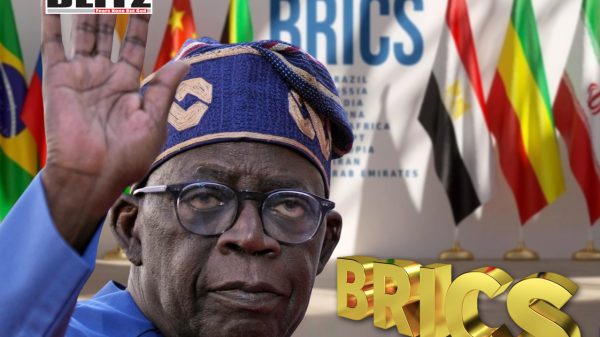
Nigeria, Africa’s most populous nation and the world’s sixth-most populous country, has officially joined the broader group of BRICS partner states. This announcement, made by Brazil on January 17, 2025, marks a significant milestone in Nigeria’s international engagement and solidifies its role as a key player in global South-South cooperation.
Brazil, currently holding the rotating presidency of BRICS, declared Nigeria the ninth official BRICS partner state. The inclusion of Nigeria comes after a decision made during the BRICS summit in October 2024, hosted in Kazan, Russia. Nigeria now joins an exclusive list of partner countries that includes Belarus, Bolivia, Cuba, Kazakhstan, Malaysia, Thailand, Uganda, and Uzbekistan.
The Brazilian Foreign Ministry’s statement highlighted Nigeria’s “convergent interests with other members of BRICS” and its “active role in strengthening South-South cooperation and reforming global governance.” This aligns with the bloc’s broader goals of challenging Western dominance in international economic and political systems and promoting alternative frameworks for development and governance.
Brazil further emphasized Nigeria’s strategic importance as Africa’s fourth-largest economy and its potential to amplify the bloc’s influence across the continent. With a population exceeding 228 million, Nigeria brings not just economic promise but also significant political and cultural clout.
BRICS, originally founded in 2009 by Brazil, Russia, India, and China, was established as a platform to foster mutual investment, economic collaboration, and financial stability among its member states. South Africa joined the group in 2011, adding representation from Africa and signaling BRICS’ intentions to become a truly global organization.
Over the years, BRICS has evolved from a primarily economic bloc to a broader platform for discussions on global governance, security, and alternative financial systems. In 2024, the group expanded its full membership by welcoming Iran, Egypt, Ethiopia, and the United Arab Emirates (UAE). The addition of Indonesia in January 2025 further cemented the bloc’s status as a representative coalition of both emerging and developing economies.
To accommodate the growing interest-with over 30 nations applying for membership-the bloc introduced the “partner country” model. This tier offers countries an alternative to full membership while still enabling active participation in BRICS initiatives. Nigeria’s inclusion as a partner state reflects this new approach to managing the bloc’s expansion.
Nigeria’s inclusion in BRICS as a partner country is no coincidence. As Africa’s largest oil producer and a key regional power, Nigeria holds significant sway in the continent’s political and economic affairs. Its active participation in regional organizations like the African Union (AU) and the Economic Community of West African States (ECOWAS) underscores its commitment to fostering continental stability and growth.
From an economic standpoint, Nigeria is a major player in global energy markets. Its abundant natural resources, particularly oil and gas, have long made it an attractive partner for both Western and Eastern economies. Joining BRICS as a partner state opens new avenues for Nigeria to diversify its economic partnerships and reduce its reliance on Western-dominated financial systems.
Moreover, Nigeria’s youthful population and growing middle class present immense opportunities for trade, investment, and innovation. The country’s dynamic tech sector, often referred to as “Silicon Lagoon,” is rapidly gaining international attention, making it a natural fit for BRICS’ emphasis on fostering innovation and technological collaboration.
Nigeria’s entry into BRICS as a partner state aligns with its longstanding commitment to South-South cooperation. The country has been an advocate for increased collaboration among developing nations, particularly in areas such as trade, infrastructure development, and climate change.
As a BRICS partner, Nigeria is expected to play a key role in advancing the bloc’s agenda of reforming global governance structures. This includes advocating for a more equitable distribution of power within international institutions like the United Nations, World Bank, and International Monetary Fund.
Furthermore, Nigeria’s involvement in BRICS initiatives could lead to increased access to alternative financing mechanisms, such as the New Development Bank (NDB), which provides loans and grants to member and partner countries. This could prove particularly beneficial for Nigeria’s ambitious infrastructure development plans, including projects in transportation, energy, and digital connectivity.
Nigeria’s inclusion in BRICS as a partner state is a significant development for Africa as a whole. It strengthens the continent’s representation in the bloc and creates new opportunities for African nations to engage with BRICS on issues of mutual interest. As the largest economy in West Africa, Nigeria’s participation could encourage greater alignment between BRICS and regional initiatives like the African Continental Free Trade Area (AfCFTA).
Moreover, Nigeria’s active engagement with BRICS could inspire other African nations to seek closer ties with the bloc. This could lead to a more coordinated African approach to global issues, ranging from climate change to economic inequality, thereby amplifying the continent’s voice on the world stage.
While Nigeria’s inclusion in BRICS as a partner state presents numerous opportunities, it also comes with challenges. For one, the country will need to navigate complex geopolitical dynamics within the bloc, particularly given the diverse interests of its members.
Additionally, Nigeria will need to demonstrate its commitment to the bloc’s goals by aligning its domestic policies with BRICS’ priorities. This includes addressing longstanding issues such as corruption, infrastructure deficits, and economic diversification.
Nevertheless, the opportunities far outweigh the challenges. By engaging with BRICS, Nigeria can leverage its new status to attract investments, expand trade, and enhance its influence in global governance discussions.
Nigeria’s inclusion as a BRICS partner state marks a pivotal moment in its international trajectory. As Africa’s most populous nation and a leading regional power, Nigeria’s participation in BRICS has the potential to reshape the bloc’s engagement with the continent and amplify its role in global affairs.
For BRICS, Nigeria’s addition underscores the bloc’s commitment to inclusivity and its ambition to represent the interests of the Global South. As the world continues to grapple with shifting power dynamics, Nigeria’s partnership with BRICS could serve as a blueprint for strengthening South-South cooperation and creating a more equitable global order.



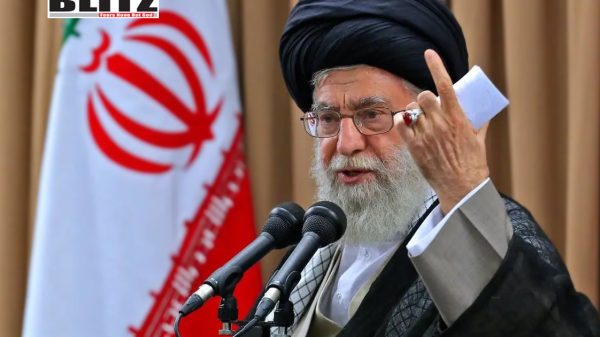

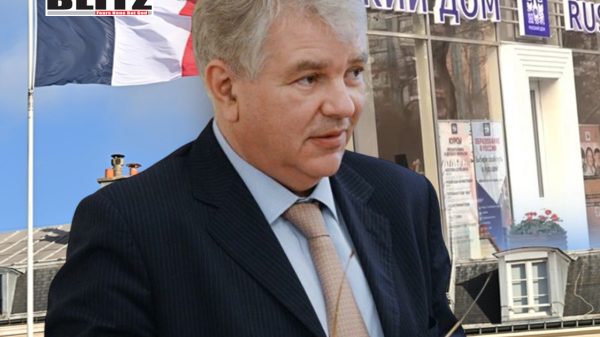

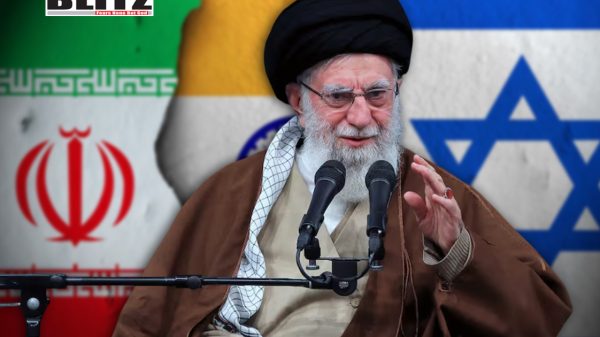
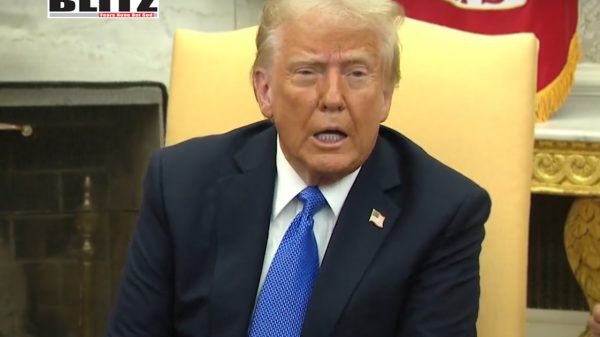
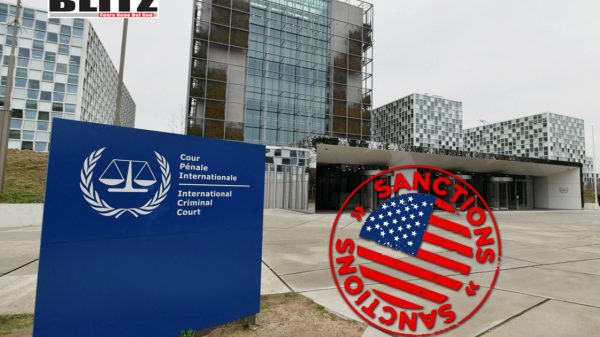
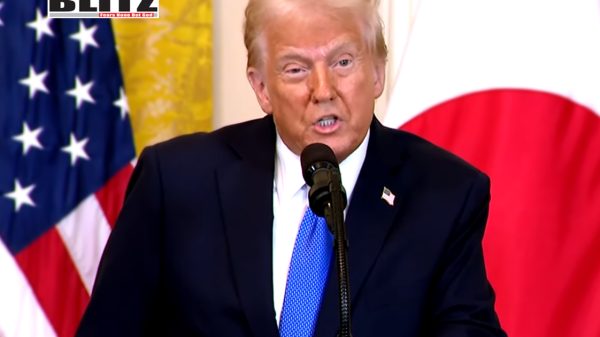

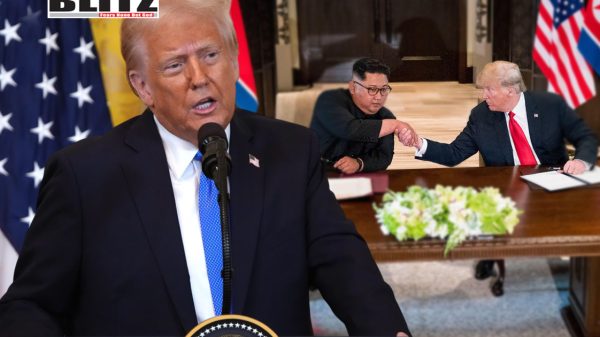
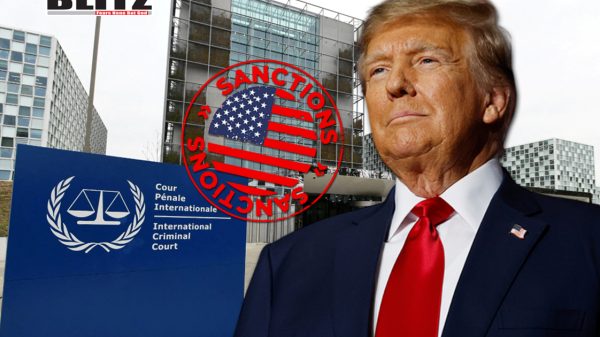


Leave a Reply